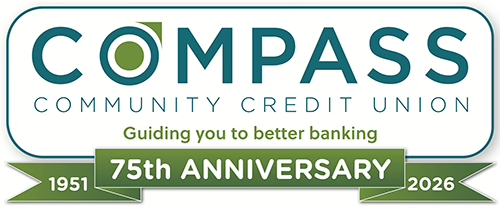Phone scams have been around almost as long as phones. Sadly, the prevalence of automated robocalls has exploded and appears to invade our lives almost daily.
Three general warning signs your call may be a scam:
- You get an unsolicited call from someone claiming to work for a government agency or Microsoft. None of them will call you unless you have already contacted them.
- The caller asks for your Social Security number or to “verify your identity” in any way.
- The caller threatens consequences if you do not provide payment or personal information.
Beware of these particular scams that are sweeping the nation:
The IRS Swindle
A threatening phone caller “from the IRS” (or “from the Federal Reserve”) says you’re guilty of tax evasion and must pay the penalty at once with your credit or debit card, or else face jail time or revocation of your driver’s license. Some folks with complex financial lives may pay up, assuming they made a mistake on their taxes. Wrong—the IRS never demands payment over the phone. Self-defense: Don’t pay. Report the scam to the U.S. Treasury Inspector General’s office at 1-800-366-4484.
The “Family member” Scam
The person claims to be a family member in trouble and needs your help, asking you to send them money or use your credit card. You might be asked to guess who’s on the line. If so, don’t give out any names. You ask the caller to identify who they are. Then ask them to describe something you know only the real person would know like a special occasion or trip together, a gift you gave or received or something in your home that they would know. Self-defense: Be absolutely sure you know who you are speaking with and do not give out any information until you know for sure who it is you’re talking with.
The “Computer Crash” Con
You get a phone call from a self-described “computer security expert” who warns that your Windows PC or laptop may be infected with a fatal virus. You might be asked for money to protect your system or to remove this nonexistent malware. If you agree to download a fix or allow remote access to your computer, the crook can ask for your passwords—and may actually install malware that you then have to pay to get rid of. Self-defense: Hang up on this scammer. No legitimate IT security pro will ever cold-call you in this way.



